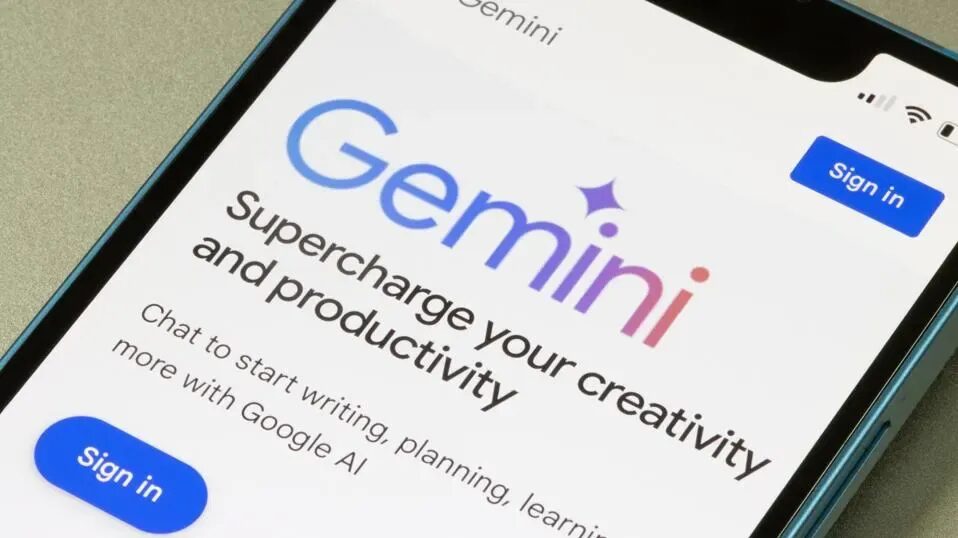How Generative AI Is Accelerating Drug Discovery
1 July 2024
Generative AI based on Large Language Models (LLMs), the technology behind popular tools like ChatGPT and Google Gemini, is revolutionizing various industries, including the world of drug discovery. By leveraging the power of AI to decode and manipulate the languages of biology and chemistry, pharmaceutical companies are now developing new drugs faster and more cost-effectively. Let’s explore how generative AI is transforming drug discovery, accelerating the development process, and reducing costs.

The Role Of Generative AI In Drug Discovery
Generative AI has traditionally been associated with understanding and generating human language. However, its potential extends far beyond, encompassing the complex languages of biology and chemistry. Human DNA, for instance, can be viewed as a 3-billion-letter long sequence, forming a unique language. Similarly, proteins, which are the building blocks of life, have their own alphabet comprising 20 amino acids. Chemicals use the Simplified Molecular Input Line Entry System (SMILES) to define their structures.
Generative AI can interpret these languages, aiding in the discovery and development of new drug therapies. By applying LLM-type methods to these biological and chemical languages, AI models can uncover insights previously unobservable, expediting the drug discovery process and significantly cutting costs. Given the high failure rate of new drug therapies – only 10 percent succeed in clinical trials – any technology that enhances efficiency and reduces time and cost is highly valuable.
Adding Value At Each Stage Of The Process
Generative AI can be applied at various stages of drug discovery:
1. Target Identification: The first phase involves identifying the disease or condition to be treated. Generative AI can analyze genomic data to understand the genes causing the disease or other underlying biological processes. This helps pinpoint the exact targets for new drug development.
2. Lead Generation: The second phase is about generating potential leads – chemicals or proteins that could target the identified disease. The sheer number of possible chemicals (over 10^60) and proteins (over 10^160) makes this a daunting task. Generative AI can sift through these possibilities and generate novel compounds with the desired properties, creating numerous leads to explore.
3. Optimization: In the third phase, the potential drug candidates need to be tested for efficacy. Generative AI can assist in this large-scale screening process. For example, NVIDIA's collaboration with Recursion Pharmaceuticals demonstrated the ability to screen over 2.8 quadrillion small molecule-target pairs in a week – a task that would have taken traditional methods 100,000 years.
Generative AI enables pharmaceutical companies to explore potential new drugs with unprecedented scale, speed, and accuracy, facilitating quicker progression to clinical trials.
Case Studies of AI in Drug Development
Several companies are leading the charge in utilizing generative AI for drug discovery. A notable example is Insilico Medicine, which used AI to develop a drug for idiopathic pulmonary fibrosis, a rare disease that causes progressive lung decline. Traditionally, this process would have taken six years and cost over $400 million. With generative AI, Insilico reduced the cost to one-tenth and the time to two and a half years.
Insilico’s AI was employed at each step of the preclinical drug discovery process: identifying target molecules, generating novel drug candidates, and predicting clinical trial outcomes. Their success extends to developing an AI-generated COVID-19 drug effective against all variants and initiating over 30 other programs targeting various diseases, including cancer.
The Future of Drug Development
Generative AI’s impact on drug discovery is transformative. It promises quicker cures for a multitude of diseases at a fraction of the cost. With AI's ability to decode complex biological and chemical languages, we can expect a future where the development of new drugs is faster, more efficient, and more successful. Generative AI is not just a technological advancement; it's a game-changer for healthcare, promising better outcomes for patients worldwide and playing a crucial role in developing the drugs of the future.
Related Articles
4 Game-Changing Quantum Computer Types That Could Transform Everything
By now, “smart” versions exist of just about every home appliance, gadget and gizmos we can think of. However, manufacturers continue[...]
AI’s Competitive Edge: Turning Data Challenges Into Business Success
By now, “smart” versions exist of just about every home appliance, gadget and gizmos we can think of. However, manufacturers continue[...]
The Everything AI: How Google’s Super Assistant Could Change Life As We Know It
By now, “smart” versions exist of just about every home appliance, gadget and gizmos we can think of. However, manufacturers continue[...]
5 Amazing Things You Can Do With ChatGPT’s New Operator Mode?
By now, “smart” versions exist of just about every home appliance, gadget and gizmos we can think of. However, manufacturers continue[...]
5 AI Mistakes That Could Kill Your Business
By now, “smart” versions exist of just about every home appliance, gadget and gizmos we can think of. However, manufacturers continue[...]
AI Agents Are Coming For Your Industry: Here’s Who’s First In Line
By now, “smart” versions exist of just about every home appliance, gadget and gizmos we can think of. However, manufacturers continue[...]
Sign up to Stay in Touch!
Bernard Marr is a world-renowned futurist, influencer and thought leader in the fields of business and technology, with a passion for using technology for the good of humanity.
He is a best-selling author of over 20 books, writes a regular column for Forbes and advises and coaches many of the world’s best-known organisations.
He has a combined following of 4 million people across his social media channels and newsletters and was ranked by LinkedIn as one of the top 5 business influencers in the world.
Bernard’s latest book is ‘Generative AI in Practice’.










Social Media